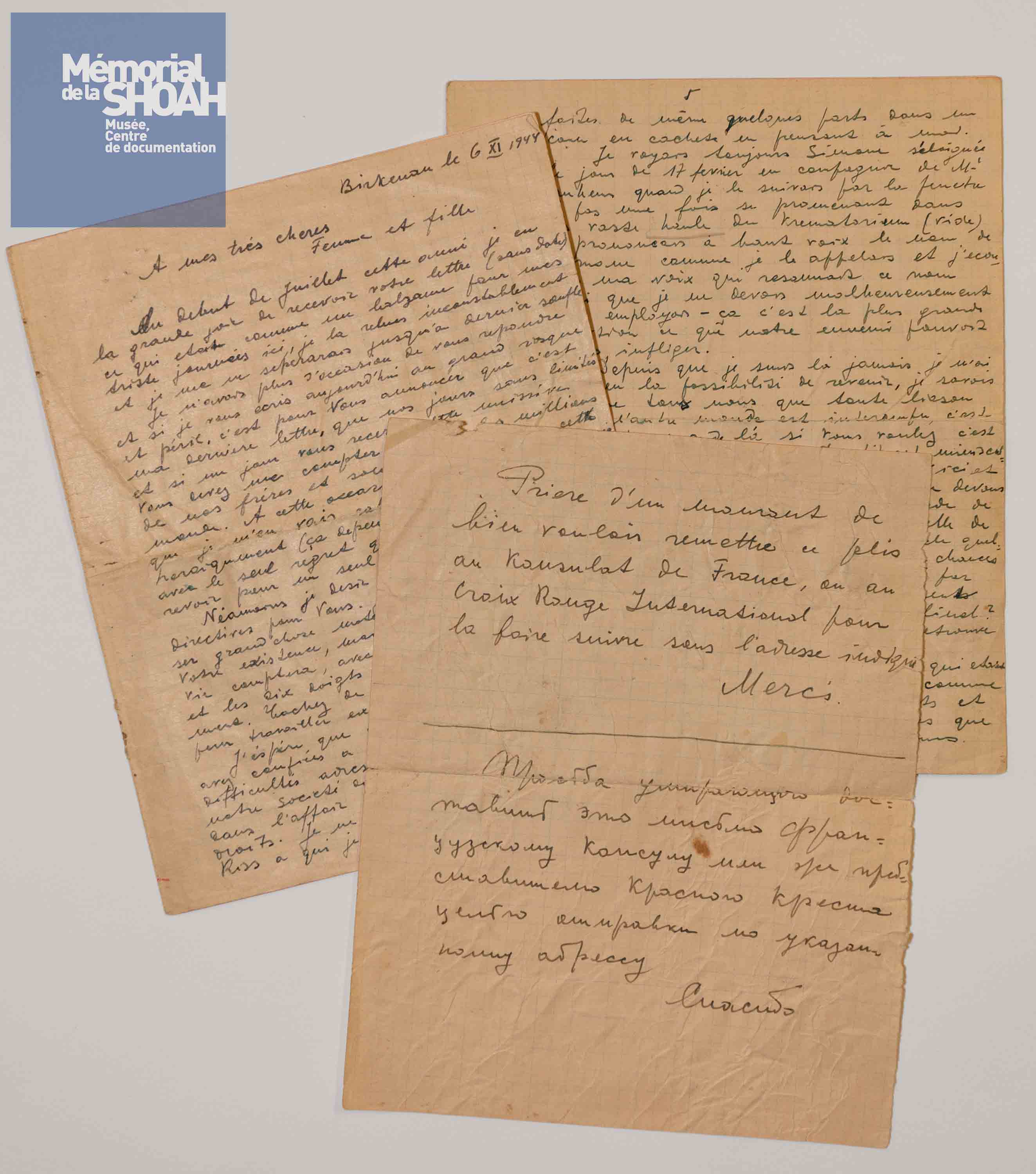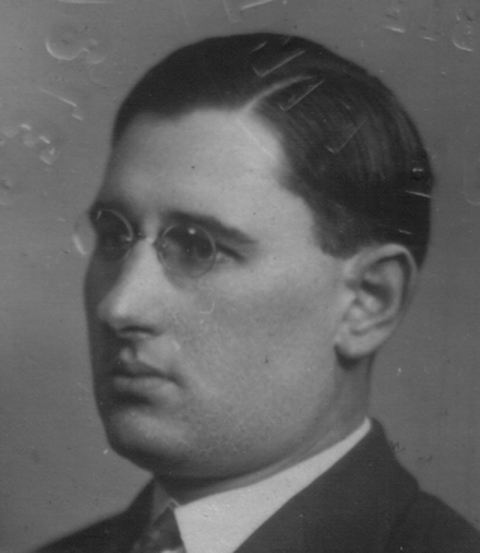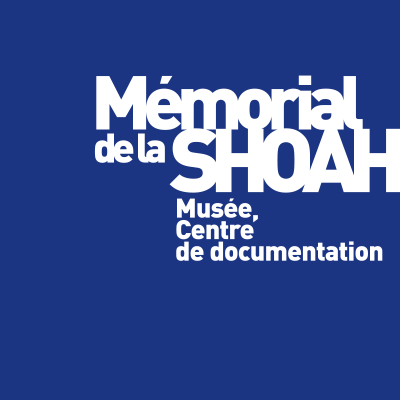Archives: The letter found
It was while researching the letters written in Birkenau that Karen Taieb, responsible for the archives of the Shoah Memorial, recently made an important historical discovery which allowed to find the identity of the author of the only testimony left in French by a member of the Sonderkommando.
 In February 1945, a handwritten letter in French, written by a Sonderkommando (the Jews selected by the Nazis to empty the gas chambers and dispose of the bodies), is found by a member of a team from the Polish Red Cross, Andrejz Zaorski, in the ruins of a crematorium of Auschwitz, well preserved in a bottle. In this letter signed ' Hermann " the author, who addresses his wife and daughter, specifies that he was deported by convoy left from Drancy on March 2, 1943.
In February 1945, a handwritten letter in French, written by a Sonderkommando (the Jews selected by the Nazis to empty the gas chambers and dispose of the bodies), is found by a member of a team from the Polish Red Cross, Andrejz Zaorski, in the ruins of a crematorium of Auschwitz, well preserved in a bottle. In this letter signed ' Hermann " the author, who addresses his wife and daughter, specifies that he was deported by convoy left from Drancy on March 2, 1943.
In February 1948, the Ministry of Veterans and War Victims of the French Republic approached the Auschwitz Association to help it find the family of the author of the letter. The family is identified and the original manuscript is given to him on March 2, 1948. The letter is therefore piously preserved by the family who does not mention its existence.
When it was in possession of the document, the ministry had carried out a transcription, aware of its importance for knowledge of the functioning of the Sonderkommando. A copy of this transcript was then given to the Auschwitz Museum at the end of the 1960s. It was undoubtedly at that time that the text was attributed to a person named Chaïm Hermann, deported by convoy 49.
Since no member of his family had ever come forward, research on Chaïm Hermann had only allowed him to be identified as a dental mechanic and apparently single. This unique testimony of a French Sonderkommando had therefore remained attributed to Chaïm Hermann.

Hersz Strasfogel
Like Chaïm Hermann, Hersz Stasfogel was born in Warsaw and lived and worked in Paris, in the 11th arrondissement. Like Chaïm, Hersz was deported by convoy no. 49. But, unlike Chaïm, Hersz had married and had a daughter, Simone, to whom the author addresses himself in his letter.
Until this discovery made by Karen Taïeb in 2018, it was then impossible to guess that Hersz Strasfogel was usually called Hermann in France, and that the name of his daughter, declared Sima, had been French to become Simone.
What led the head of archives to the trail of Hersz Strasfogel was an inscription form on the Wall of Names at the Shoah Memorial, sent by a certain Simone in 2002 to request her father’s inscription on the Wall. She encloses with her request a copy of the original letter, handwritten. She is then unaware that this letter has been attributed by History to another.
It is by gathering the letters from Birkenau for a publication project that Karen Taïeb will then make the connection between this handwritten letter and the unique testimony of Chaïm Hermann, whom she knows well. By contacting the Strasfogel family, she will then go back to the original letter and rewrite the true story of the two Hermann.
The original letter was given by the family to the archives of the Shoah Memorial.
On Sunday 10 March 2019 at 5 p.m., the Memorial will hold an official event on this occasion in the E. J. Safra auditorium, in the presence of the family and specialized researchers and historians.
participate in the event
Read the letter (transcript)
(Re) see the report devoted to this discovery in the 8 PM news broadcast on France 2, on January 27, 2019.


